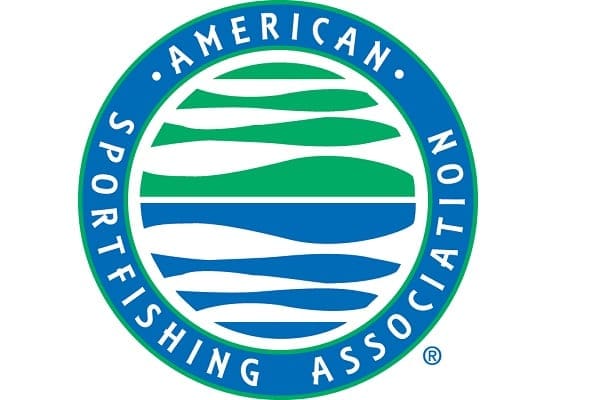Federal Legislation Introduced to Mitigate Shark Depredation

New task force would focus on the complex issue of sharks increasingly consuming hooked fish before they can be landed
On Monday, June 12, 2023, U.S. Representatives Rob Wittman (R-Va.), Darren Soto (D-Fla.), Garret Graves (R-La.) and Marc Veasey (D-Tex.) introduced the Supporting the Health of Aquatic systems through Research, Knowledge and Enhanced Dialogue (SHARKED) Act in the U.S. House of Representatives. The legislation will start to address the increasing challenge of shark depredation, which occurs when a shark eats or damages a hooked fish before an angler can reel in their catch.
In general, the possibility of depredation occurring is accepted as a natural part of fishing. However, in recent years the frequency of shark depredation has increased rapidly in many parts of the country, especially along the Atlantic coast, the southeastern United States and the western Pacific. The causes are generally recognized to be increasing fishing activity, increasing shark abundance and depredation becoming a more frequently learned behavior.
If enacted, the bill would establish a task force comprised of fisheries managers and shark experts responsible for improving coordination and communication across the fisheries management community on shark depredation and identifying research priorities and funding opportunities. The bill would be the first step towards mitigating shark depredation nationally and building foundational knowledge that can be used to improve future management, education and research actions.
“Sharks are a vital part of our ocean ecosystems, but in many parts of the country shark depredation is becoming an increasing problem that is not just an inconvenience, but rather is completely disrupting fishing,” said ASA Vice President of Government Affairs Mike Leonard. “These conflicts are bad for fish, fishermen and sharks. This is a complex and multifaceted challenge that requires a dedicated task force to bring overdue attention to the issue.”
“As a lifelong fisherman, I’ve experienced firsthand the impacts of shark depredation and have witnessed its effect on our marine ecosystem,” said Congressman Wittman. “I introduced the SHARKED Act to improve the environment of our marine life and sportfishing conditions for anglers while protecting sharks from unsafe conditions and food sources. The SHARKED Act will also serve as the first major step in addressing shark depredation nationwide. I’m proud to have my colleagues on both sides of the aisle join me in this important effort and lead the way for restoring our marine ecosystem and improving fishing experiences for anglers.”
“We must act now to help recreational anglers and commercial fishermen across Florida and the U.S. who are reporting an increase in shark depredation — a phenomenon that negatively impacts fishing experiences, threatens the safety of sharks and humans, and hurts the sustainability of targeted fish populations,” Congressman Soto said. “That is why I am proud to co-introduce the Supporting the Health of Aquatic Systems through Research Knowledge and Enhanced Dialogue Act (SHARKED) Act, a bill that will direct the Department of Commerce to establish a task force to combat shark depredation and help Florida fishermen while protecting the future of the fishing industry and our marine ecosystems.”
The American Sportfishing Association (ASA) is the sportfishing industry’s trade association committed to representing the interests of the sportfishing and boating industries as well as the entire sportfishing community. We give the industry and anglers a unified voice when emerging laws and policies could significantly affect sportfishing business or sportfishing itself. ASA invests in long-term ventures to ensure the industry will remain strong and prosperous, as well as safeguard and promote the enduring economic, conservation and social values of sportfishing in America. ASA also gives America’s 55 million anglers a voice in policy decisions that affect their ability to sustainably fish on our nation’s waterways through Keep America Fishing, our national angler advocacy campaign. America’s anglers generate more than $50 billion in retail sales with a $125 billion impact on the nation’s economy creating employment for 825,000 people.
